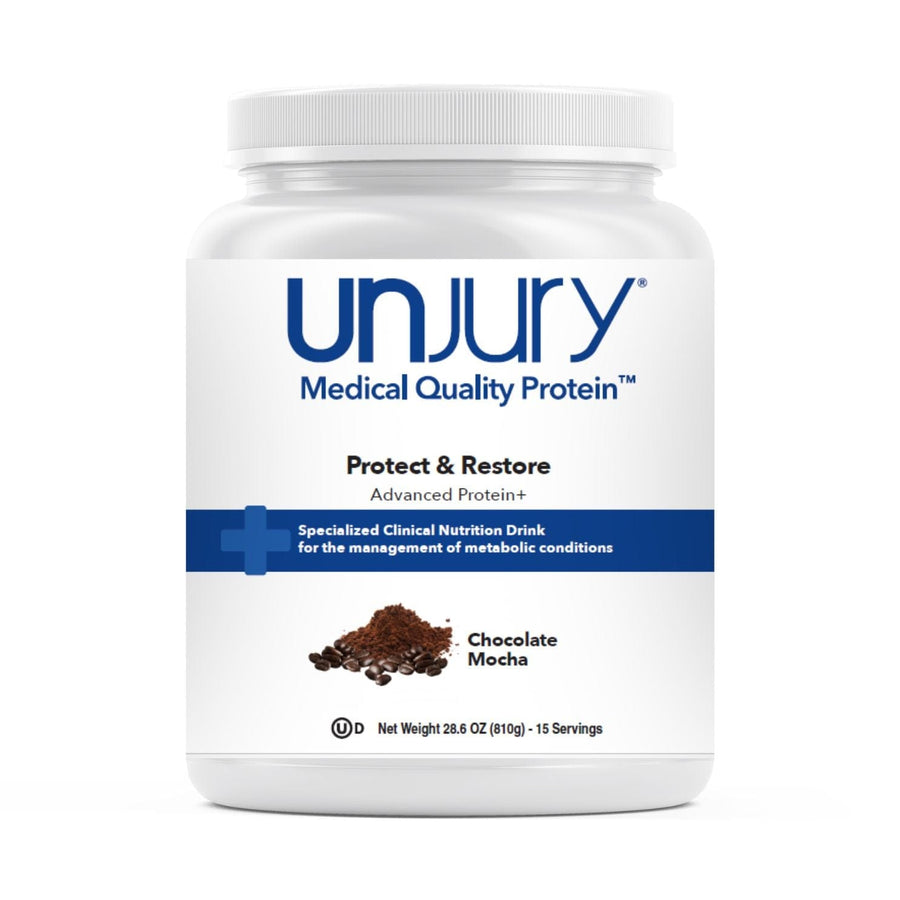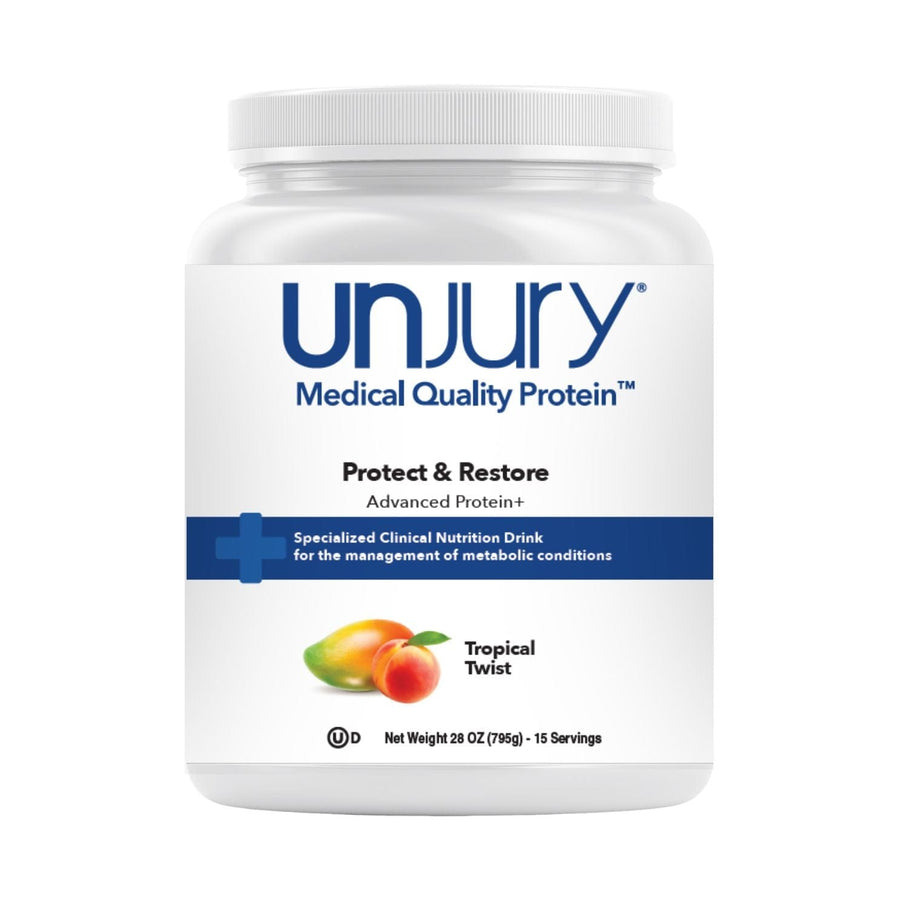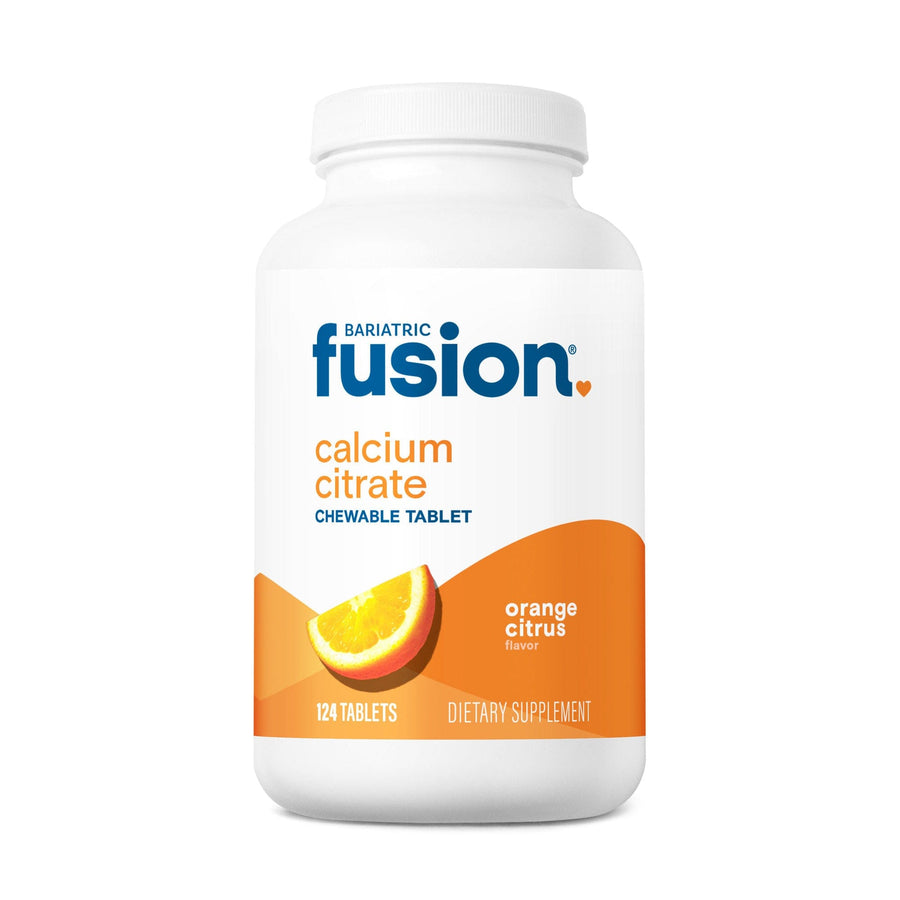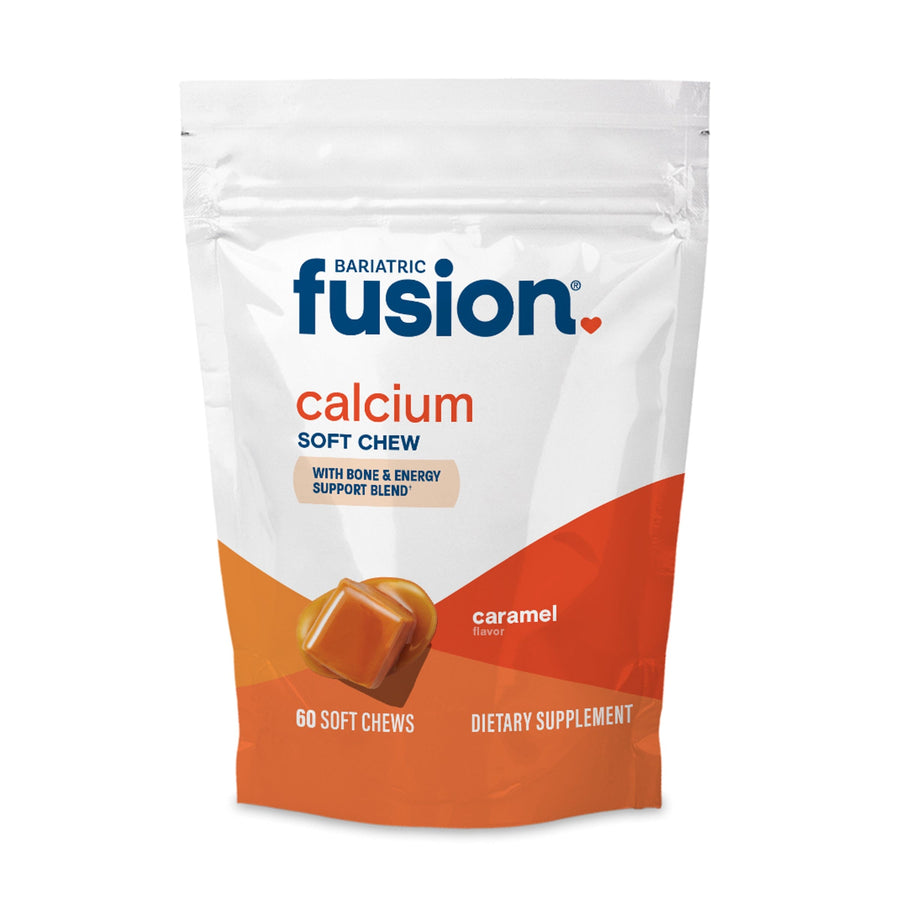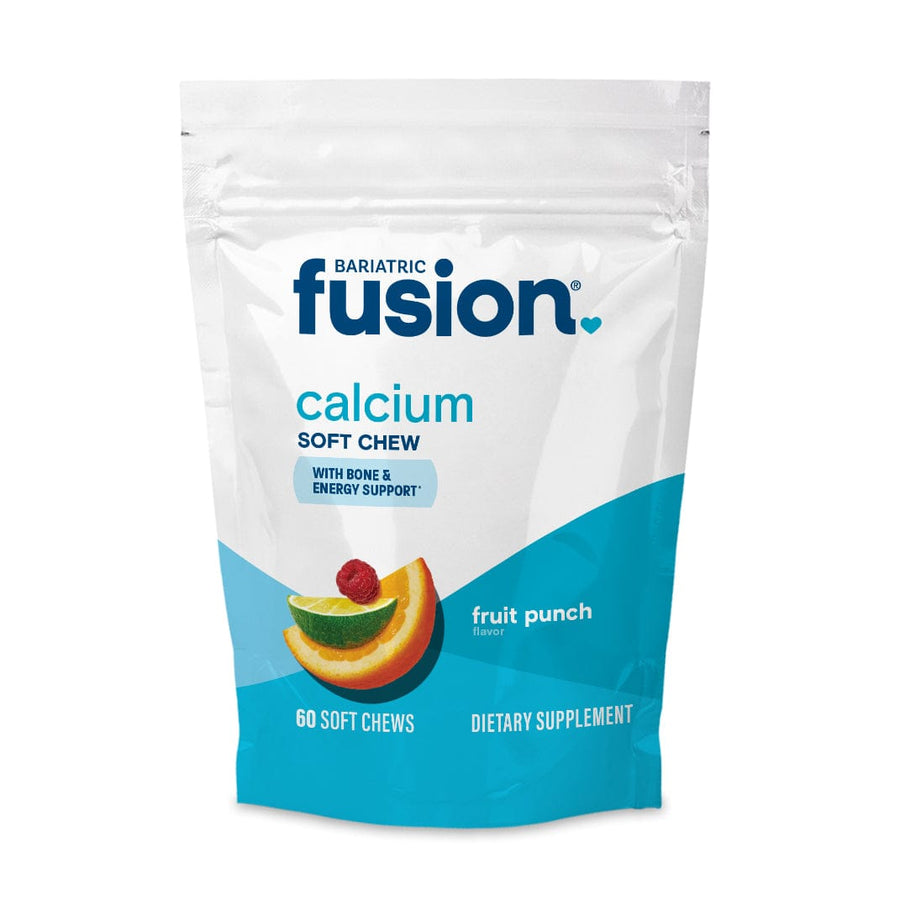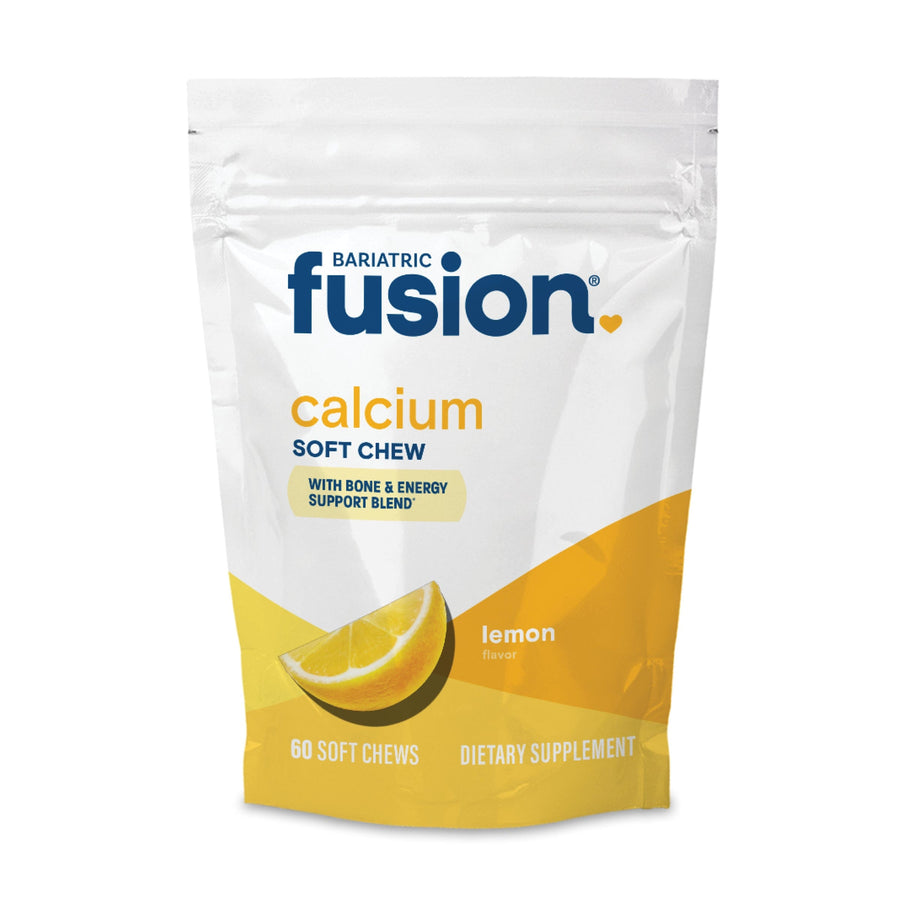Definition of Sarcopenia: The Role of GLP-1 RAs and Muscle Wasting
In recent times, sarcopenia has gained increased recognition, particularly due to the rising use of GLP-1 receptor agonists (GLP-1 RAs) like Ozempic in treating diabetes and obesity.
Often considered the silent thief of muscle strength, sarcopenia can significantly impact body composition and quality of life.
In this blog, we’ll examine sarcopenia, its potential causes and risk factors, the evidence regarding its association with GLP-1 RAs, and strategies for prevention and treatment.
Definition of Sarcopenia
Sarcopenia, often described as the gradual loss of skeletal muscle mass, strength, and function, poses significant challenges to quality of life and overall health. It is associated with increased risks such as falls, physical disability, and increased mortality, affecting individuals across different age groups, with older adults being particularly vulnerable.
Aside from the use of weight loss medications, sarcopenia can also be seen in geriatric and cancer patients.
The Role of GLP-1 RAs
Recent research has shed light on the connection between GLP-1 RA medications and the risk of sarcopenia.1,2
GLP-1 RAs, originally used for managing type 2 diabetes by mimicking the effects of glucagon-like peptide 1 (GLP-1) to regulate insulin and appetite, are now being used in weight loss programs.
While GLP-1 RAs have demonstrated benefits in improving blood sugar control and reducing cardiovascular risk, recent studies have raised concerns about their potential impact on muscle health.1,2
Development of Sarcopenia: What’s the connection with GLP-1 RAs?
GLP-1 RAs are a class of injectable drugs that stimulate the secretion of insulin and suppress appetite, leading to weight loss and improved blood sugar control in people with type 2 diabetes and/or overweight individuals.
However, some studies have suggested that GLP-1 RAs may also have negative effects on muscle metabolism and function, potentially contributing to sarcopenia.1 The exact mechanisms of how GLP-1 RAs affect muscle are not fully understood, but they may involve:
- Altering how the body processes energy
- Potentially disturbing muscle protein synthesis due to inadequate nutrient intake from foods, requiring additional supplementation to support muscle protein synthesis and energy production
- Boosting the production of myostatin, a protein that puts the brakes on muscle growth and repair
- Triggering an inflammatory response in muscle tissues, which can cause muscle protein to be used for energy rather than carbohydrates, leading to loss of muscle mass
- Interfering with how nerves communicate with muscles and affecting the ability of muscle fibers to contract properly
Moreover, factors such as age, gender, initial muscle strength, and existing health conditions can also affect how likely someone is to develop sarcopenia when using GLP-1 RAs.
Prevention and Treatment of Sarcopenia Caused by GLP-1 RAs
When managing sarcopenia that may be linked to GLP-1 RAs, it's crucial to adopt a comprehensive approach to preserve and strengthen muscle mass, strength, and function while addressing the underlying causes of sarcopenia. Here are some effective strategies to consider:
1. Reviewing and adjusting medications: Healthcare providers may consider modifying the dosage and frequency of GLP-1 RA medications. They can also explore alternative diabetes management approaches that are gentler on muscle health in consultation with a healthcare professional.
2. Nutritional intervention: Eating well is crucial for maintaining strong and healthy muscles. If you're concerned about sarcopenia, especially while using GLP-1 RAs, it's essential to ensure you're getting sufficient high-quality protein to combat muscle wasting and support recovery. A balanced diet that includes lean proteins, fruits, vegetables, whole grains, and healthy fats provides the nutrients your muscles need. You may also consider using a specialized nutritional supplement, like a protein meal replacement designed to enhance metabolism and promote muscle strength.3*
3. Physical performance: Regular physical activity is important, including both strength training and aerobic exercises. Strength exercises like lifting weights or using your body weight can help build muscle and promote protein synthesis. Aerobic activities such as walking, swimming, or cycling are great for improving overall fitness, heart health, and physical endurance.
4. Consider supplementation: Sometimes, dietary supplements can help support muscle health. For instance, vitamin D and calcium supplements can boost bone and muscle strength, especially if you have a deficiency. Creatine supplements have also been found to increase muscle mass and strength, but it's important to consult with a healthcare provider before using them.*
5. Healthy lifestyle changes: Making good choices in your daily life can reduce the risk of sarcopenia and improve your overall health. This includes staying physically active, quitting smoking, drinking alcohol in moderation, and effectively managing conditions such as diabetes and cardiovascular disease.
6. Monitoring and follow-up: It's important for those using GLP-1 RAs and their healthcare providers to watch for signs of sarcopenia and adjust treatment plans as necessary. Regular check-ups can track progress, identify any issues early on, and make adjustments to the treatment approach as needed.
Summary
In conclusion, while sarcopenia presents challenges, especially for older adults and those using muscle-affecting treatments like GLP-1 RAs, proactive steps involving nutrition, physical activity, and medical guidance can reduce its effects and enhance the quality of life.
Ongoing research is crucial to deepen our knowledge and improve how we manage sarcopenia, which is often overlooked in healthcare practice.
GLP-1 Supplements
An ideal cotherapy for GLP-1 RA medications for obesity, supporting muscle strength, metabolism, digestive function, and overall quality of life.
Further GLP-1 Reading
GLP-1 RA Medications and Bariatric Surgery
Benefits of Bariatric Surgery Plus GLP-1 Medications
References
1. Massimino E et al. Cells. 2021;10(8):1958.
2. Ma XY et al. World J Clin Cases. 2021;9(33):10064–10074.
3. Troup JP, Koscinski M. ASMBS Annual Meeting Abstract. 2024.
*These statements have not been evaluated by the Food & Drug Administration (FDA). These products are not intended to diagnose, treat, cure, or prevent any disease.
This blog is for information and education purposes only. This information is not intended to substitute professional medical advice, diagnosis, or treatment. Please consult with your bariatric surgeon or another qualified healthcare provider with any questions in regard to a medical condition. A qualified healthcare professional can best assist you in deciding whether a dietary supplement is suitable based on your individual needs.



